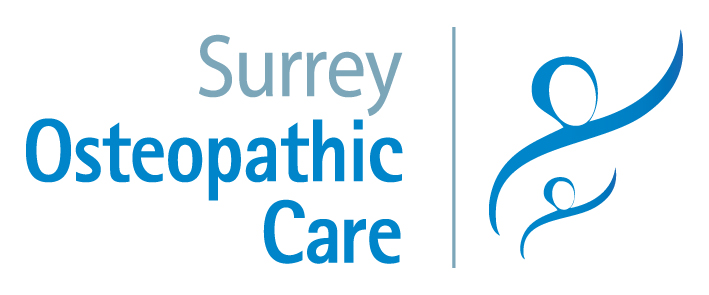Why All New Mums Need Pelvic Floor Treatment
Should I see a pelvic floor therapist?
What can I do about my pelvic floor weakness?
Why do you need pelvic floor therapy as a new mum?
21% of women undergoing vaginal delivery had levator ani avulsion
29% of women undergoing vaginal deliveries had pubic bone fractures
60% of postpartum women reported Stress Urinary Incontinence (SUI)
64% of women reported sexual dysfunction in the first year following childbirth
77% of women had low back pain that interfered with daily tasks
Last month, Cosmo published an article titled “Millions of women are injured during childbirth, why aren’t doctors diagnosing them?”. The article had over 50,000 shares on Facebook and thousands of comments from suffering postpartum women grateful to hear that they were not alone. The article was unique and truthful and openly discussed the staggering high prevalence of embarrassing problems that women silently deal with following childbirth.
As an Osteopath specialising in pelvic floor therapy I am well aware of the musculoskeletal consequences of pregnancy and delivery. It is mind blowing to pelvic floor specialists that pelvic floor care for new mums is erroneously and ineffectively compartmentalised to ‘do your kegels’. Having read the Cosmo article it was no surprise to me that there was confusion about the lack of postpartum medical care and why so many women were suffering.
Cosmo asked the question, WHY aren’t doctors diagnosing these problems? The short answer is musculoskeletal health is not technically the anyone’s responsibility. As standard most women will be under midwife care until only 10 days which is not long enough for a woman to know if there are any long-lasting traumas from the birth. The woman will then receive a check with their GP at 6 weeks which includes a depression screening, discussion around contraception and breast feeding, and checking the health of the cervix and uterus. You can find out more about your 6 week check via the NHS website here. This visit does not routinely include evaluation of musculoskeletal structures which is why it is so important that women seek out pelvic floor therapy.
Urinary, bowel and sexual function spans many medical disciplines, but a primary owner lies in the hands of a pelvic floor physical therapist who has undergone specific training to evaluate pelvic floor and girdle function and biomechanics. Since pelvic floor therapy is not automatically part of a women’s medical care in the UK, treatable impairments are often left unidentified and treated. As a result women suffer unnecessarily with incontinence, sexual dysfunction, and pain. The symptoms are not life-threatening. However, one look at the comments on the recent media articles reflect the significant impact the symptoms have on the mother’s quality of life, relationships, and ability to care for her baby.
There is no need for women to suffer. A University of Michigan study described childbirth as event more traumatic than the most aggressive combat sports. I do not think any sane person would disagree with this. Therefore, it should be no surprise that postpartum rehabilitation is a hell of a lot more sophisticated than doing a few kegels, and that every new mum needs it. Different care is also needed for women who have had a vaginal birth, compared to those who have had a c-section. If you have had a c-section you can find more specific information in one of my previous blogs here.
Since the current standard of maternal care does not automatically include a referral to a pelvic floor therapy, many women find us on their own. Once they do, they’re understandably upset that this type of service exists and that they were not told about it. We understand this frustration, but it is impossible for doctors to address all postpartum concerns in the limited time they have with their patients and this is as frustrating for them as it is for the patient.
Once you find a pelvic floor therapist, you can expect that your unanswered questions and concerns will be addressed. Many women are embarrassed and worried about their symptoms, don’t be. As pelvic floor physical therapists we have seen and heard it all and are here and ready to help!
Pelvic Floor Therapy in Surrey
At Surrey Osteopathic Care we specialise in the treatment of women after birth. Sally is a provider of the national Mummy MOTs - these have been designed to provide women with a full postnatal check up after birth, to include pelvic floor and abdominal muscle assessments, screening for bowel and bladder dysfunctions as well as providing tailored exercise and educational advice. You can find out more about the Mummy MOT here
One of the most important places for all women to start is by improving their breathing and making sure they are able to fully connect to their breath and engaging their pelvic floor correctly. In this video I show you how to do this with the Core-Pelvic Floor Breath. This forms the basis of all other exercises we do in pelvic floor therapy and is really worth practising every day - my incorporating the breath in your pelvic floor exercises you will make them much more effective by getting more activation through a whole range of muscle groups so you should see results quicker.


